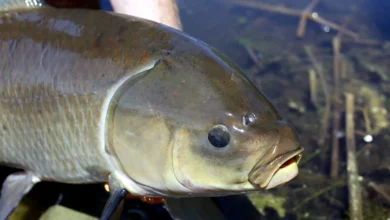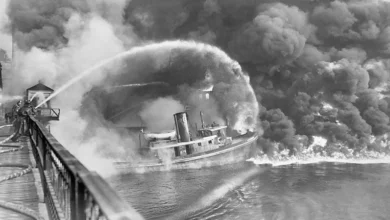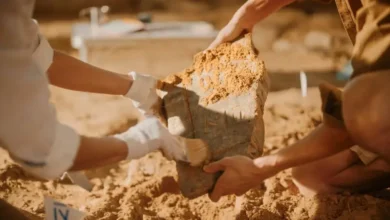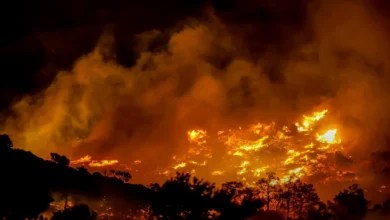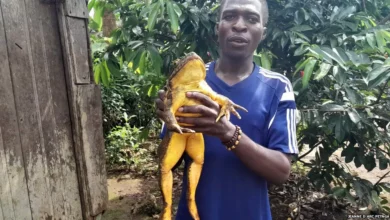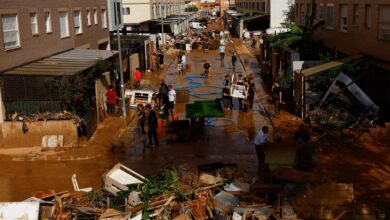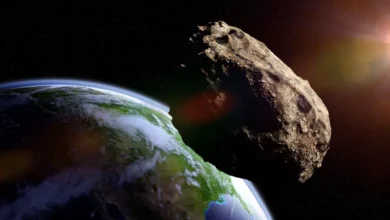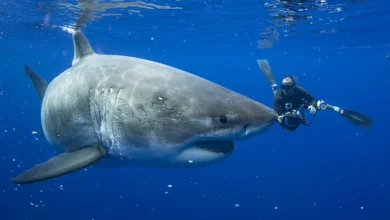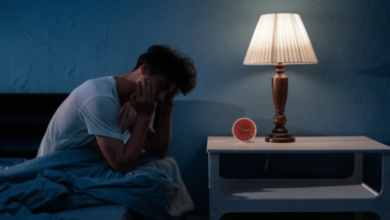SpaceX halts future launches after Crew-9 mission, booster problem spotted
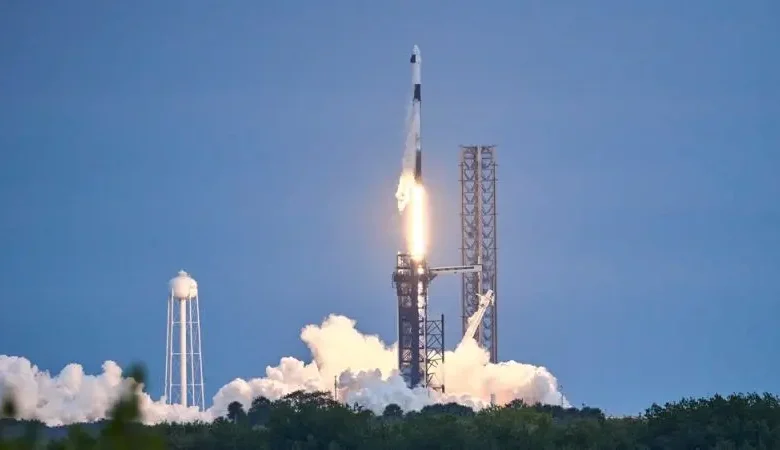
Eleven hours after successfully launching its Crew 9 spacecraft to bring back two stranded astronauts from the International Space Station, SpaceX announced early Sunday future launches have been halted because of a problem with the second stage deorbiting.
At 12:30 a.m. Sunday, the private company posted on X: “After today’s successful launch of Crew-9, Falcon 9’s second stage was disposed in the ocean as planned, but experienced an off-nominal deorbit burn. As a result, the second stage safely landed in the ocean, but outside of the targeted area. We will resume launching after we better understand root cause.”
No other information was available.
The crewed spacecraft carrying NASA astronaut Nick Hague and Russian cosmonaut Aleksandr Gorbunov lifted off as planned, propelled into space by a SpaceX Falcon 9 reusable, two-stage rocket.
The California-based company’s spacecraft lifted off from Pad 40 at 1:17 p.m. EDT.
Just over two minutes after the launch, the first stage of the Falcon 9 rocket completed ignition and broke away from the rocket’s second stage touching down at Cape Canaveral’s Landing Zone 1.
The Falcon 9 launch from Pad 40 is the first for a human spaceflight. Crews riding on SpaceX’s Dragon typically take off from Kennedy Space Center’s Pad 39A but work is being done on that location.
The launch was delayed from Thursday because of Hurricane Helene’s high winds rain in the area.
The capsule is expected to arrive at the ISS at about 5:30 p.m. ET Sunday and spend six months aboard the space station.
This marks the second space flight to the ISS for Hague, the mission’s commander and a colonel in the U.S. Space Force.
It marks the first flight to space for Gorbunov.
At the end of August, NASA confirmed it was reducing the size of the crew from four to two
The space agency made the decision to accommodate the return of the stranded astronauts of Boeing’s Starliner spacecraft.
The Boeing spacecraft’s first manned mission ended in disappointment for astronauts Butch Wilmore and Suni Williams after a weeklong test flight. They are now scheduled to return to Earth in February.
Wilmore and Williams arrived at the orbiting observatory June 6.
Boeing’s Starliner returned to Earth uncrewed earlier this month.
